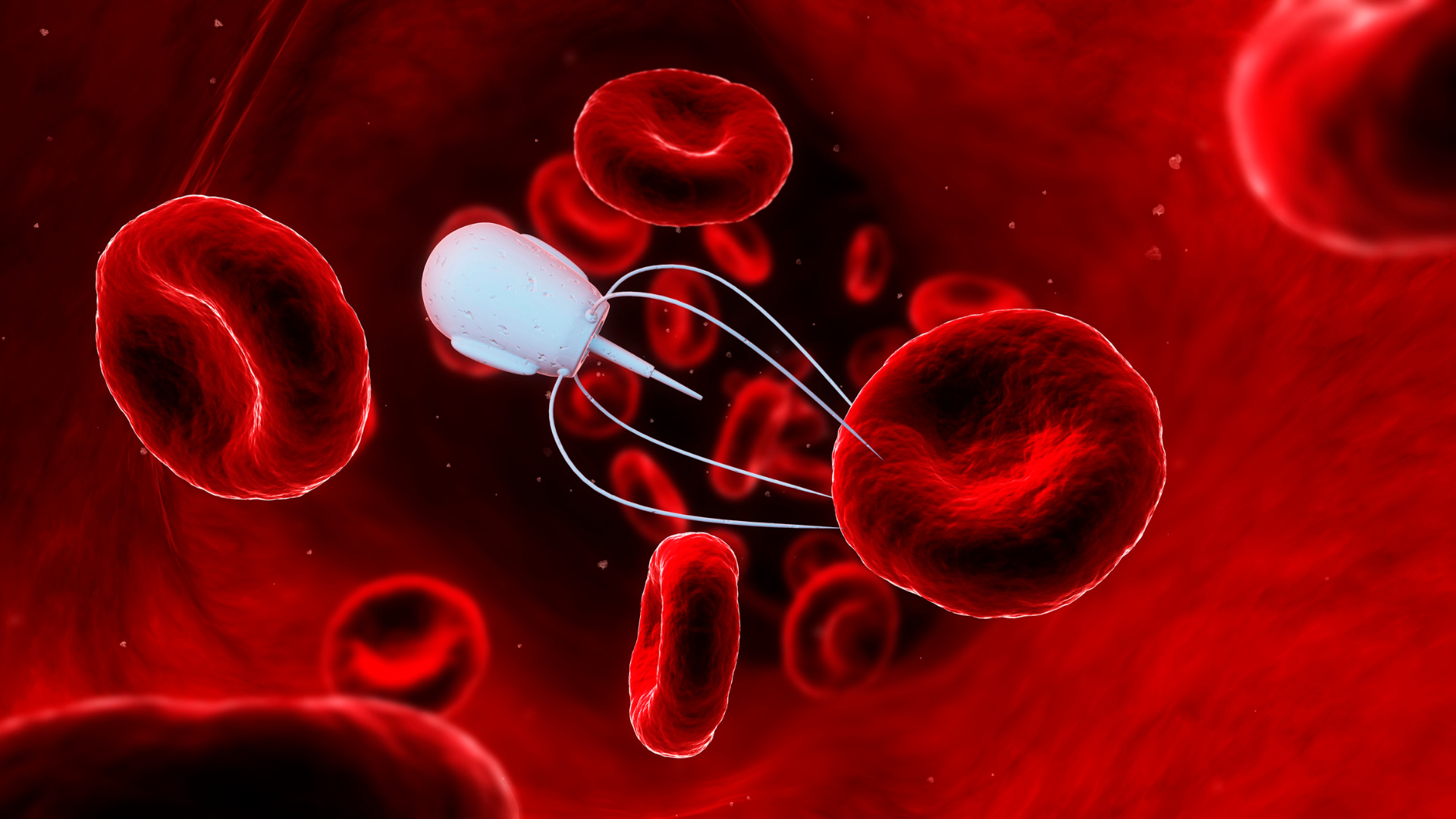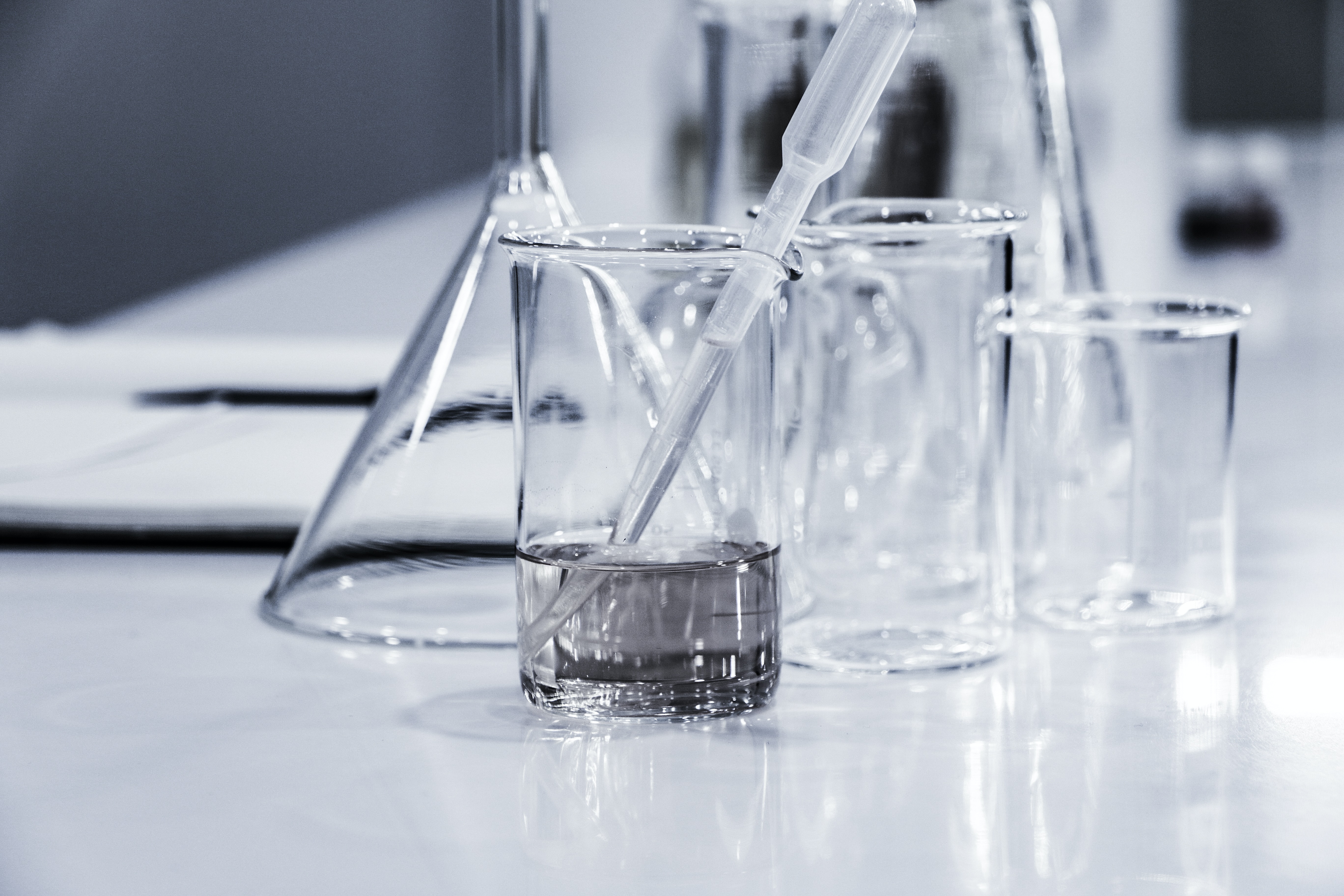Three Ways AI and Machine Learning Will Enhance Drug Discovery and Drug Candidate Identification

With the burgeoning growth in artificial intelligence (AI) and machine learning (ML) approaches, new applications are continually being found in drug discovery.
Some of those new applications include multitask learning techniques, deep neural networks and the use of machine learning to accelerate the validation of effective drugs for cancer treatments.
Multitask Learning Techniques in Enhancing the Discovery Process
One key approach to enhancing the drug discovery process has concerned the utilisation of multitask learning techniques.
In machine learning, neural networks can comprehend multiple subjects better if it learns them both simultaneously — in much the same way that learning a new language is easier for those who are already bilingual.
A collaborative team of researchers from the Skolkovo Institute of Science and Technology, the University of Vienna, and Sirius University of Science and Technology sought to explore how they could assist a neural network in simultaneously learning and predicting the properties of chemical compounds in relation to multiple biological targets.
The team analysed a series of datasets with information on the antiviral activity of molecules and the impact of various proteins in the body using multitask learning techniques.
They found that with a higher amount of data added to each dataset, prediction accuracy improved for target identification.
Additionally, this improvement was more noticeable if the original dataset was more informative.
Researchers in drug discovery integrating these approaches will be able to enhance the predictive accuracy of their models and accelerate the identification of novel drug candidates.
Deep Neural Networks in Drug Discovery and Formulation
Pharma.AI, a product of the end-to-end generative AI-driven drug discovery company Insilico, is a deep neural network trained on ageing and disease data.
The AI, which was recently featured on a BBC Storyworks-produced film series, can process and analyse large quantities of data to identify new targets for drugs and design drug-like molecules.
In time, it may even be used to predict the outcomes of clinical trials, which could be a significant aid to the regulatory approval process for novel therapeutics.
Insilico has used this platform to produce a robust pipeline of therapeutics — 31 programs for 29 drug targets in disease areas including cancer, fibrosis, chronic kidney disease, and COVID-19.
In the future, the company aims to connect chemistry, biology, and clinical trial analysis using next-generation AI systems.
AI Learning Strategies for Drug Discovery
AI approaches are also projected to become essential to learning strategies pairing patients with the precise drugs required for treatment.
The University of Vienna has been testing a matchmaking technology developed by Excientia which pairs individual patients with the precise drugs they need for cancer treatment.
In the trial, researchers took small tissue examples and divided them into more than 100 pieces, which were subsequently exposed to various cocktails of drugs.
These samples were then monitored through robotic automation and machine learning models trained to identify small changes in cells.
Essentially, this approach enabled the team to carry out an exhaustive search for the right drug which kills cancer cells without harming healthy cells.
The first drugs designed with the help of AI are now in clinical trials, and since 2021 two drugs developed by Exscientia have started the process.
Get your weekly dose of industry news and announcements here, or head over to our Formulation portal to catch up with the latest advances in manufacture and therapeutic delivery.







